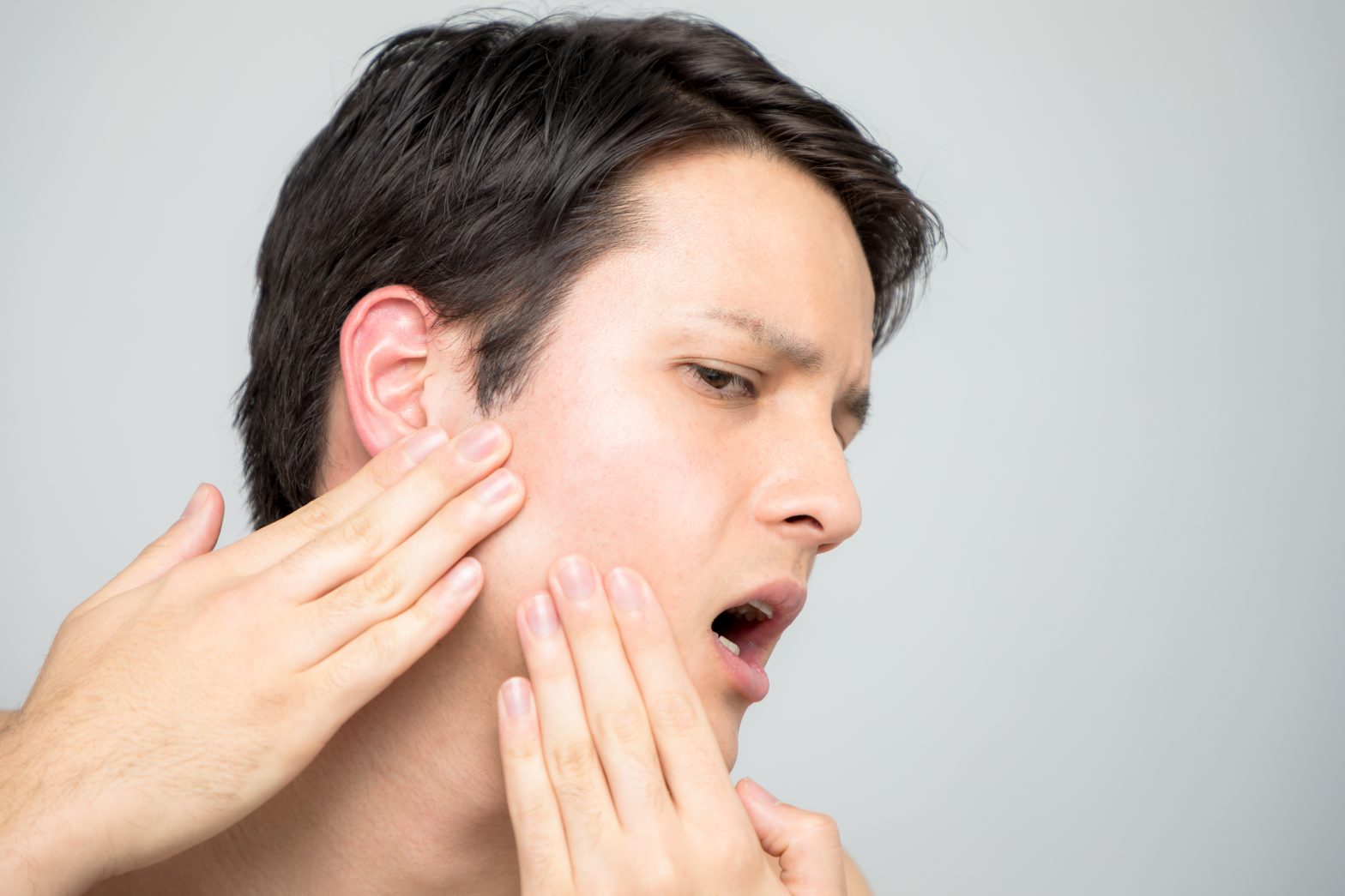The Top 5 Best Ways to Relieve My Symptoms of TMJ
Written by

Welcome to DeAngelis Family Dentistry in Carlsbad, CA! We’re here to help you with all of your dental needs, including relief from symptoms of TMJ (temporomandibular joint disorder). Also called “TMD” or “TMJD.” Depending on your warning signs and the severity of your jaw pain, we’ll explore the top five best ways to relieve your symptoms and give you the information you need to make an informed decision about your treatment options.
What is TMJ Disorder? What Problems Can it Cause?
The temporomandibular joint or “TMJ” is the joint that connects your mandible or lower jaw to your skull, and it allows you to open and close your mouth, as well as move your jaw from side to side. Since it’s a multi-directional joint, jaw pain can significantly affect your range of motion and diet.
TMJ disorder is a condition that affects your jaw joint(s) and can cause a variety of symptoms, including jaw pain, headaches, earaches, and difficulty opening and closing your mouth.
What Treatments Are Available to Help Relieve My Symptoms?
Depending on the cause of your TMJ pain, there are multiple treatment approaches and therapies to help relieve your symptoms. These may include:
- Medications:
Over-the-counter pain relievers, such as ibuprofen or naproxen, can be helpful in reducing inflammation and pain associated with TMJ. They can be taken as needed for mild or occasional TMJ flare-ups.
- Orthodontic therapy:
Correcting the alignment and fit of your teeth can help to reduce jaw pain and improve function. When your teeth are aligned correctly, it prevents muscle and joint strain during normal biting and chewing. Traditional braces, as well as clear aligners, are both effective, depending on the alignment of your teeth.
- Splints or night guards:
These fitted devices can be worn at night to help protect your jaw while you sleep to reduce pain and improve function. A night guard is usually recommended for people who tend to clench or grind their teeth in their sleep. Because excessive teeth clenching strains your TMJ, the bite splint eases the muscle tension to prevent discomfort the next day.
- Surgery:
In rare cases, surgery may be necessary to correct structural problems in the jaw that are causing your symptoms.
- Lifestyle changes:
Making changes to your diet and avoiding activities that put a lot of stress on your jaw (such as chewing gum or eating a lot of chewy types of food) can also help to reduce your symptoms. Additionally, stress management or meditation may help with teeth clenching and grinding.
It’s important to note that different treatment options may work better for different people, and Dr. DeAngelis will work with you to find the best treatment plan for your individual needs.
How Do I Know If I Need TMJ Treatment?
If you’re exhibiting symptoms of TMJ pain or want to learn more about treatment, the first step is to schedule an appointment with Dr. DeAngelis. He’ll conduct a thorough examination of your jaw and assess your symptoms to pinpoint the underlying cause, such as bruxism (teeth clenching and grinding,) misaligned teeth, stress, or something else. We will also take x-rays or other images to get a better understanding of the problem at hand.
If Dr. DeAngelis determines that you have TMJ disorder, we will work with you to develop a treatment plan that is tailored to your individual needs. This may include a combination of the above techniques or even a specialist referral if the case is severe.
Don’t Ignore the Symptoms
Untreated TMJ disorder can lead to chronic pain, missed work, and ongoing damage to the tissues in or around your jaw joints. If you’re experiencing symptoms such as jaw pain, headaches, earaches, and difficulty opening and closing your mouth, now is the time to see our Carlsbad dentist.
Call today to schedule an appointment at DeAngelis Family Dentistry in Carlsbad. With the right treatment plan, you can find relief from your symptoms and enjoy a healthier, more comfortable smile.






